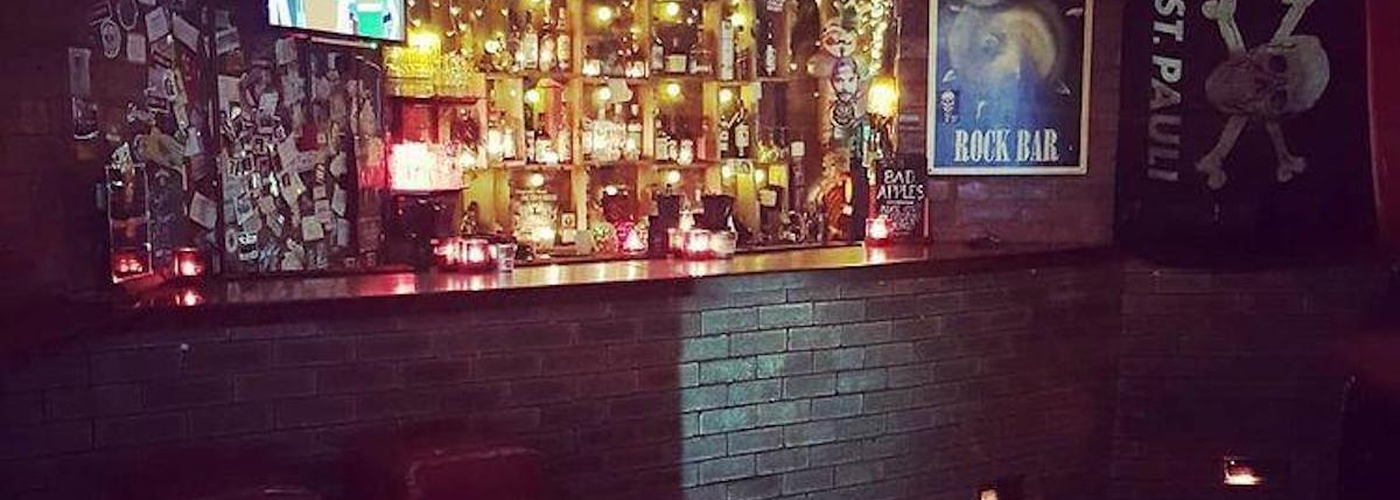We investigate the damage COVID has done to Leeds hospitality
To say it has been a challenging year for businesses would be an understatement, and sadly there are a number of venues that have closed this year. But we’ve also seen businesses adapt to new ways of working and even new spaces opening in these challenging times.
Here’s a little look at some of the changes the city has seen since the COVID-19 pandemic hit.
Venues that have closed
Arts Cafe has been a favourite spot for brunches and Sunday dinners for some 25 years and sadly closed its doors in February 2021.
The space has since been taken on by Jamaican restaurant JAMROCK, and we’re looking forward to visiting it soon.
Stockdales was known for its excellent meat cookery and announced its closure on July 24th 2020. This was met with an outpouring of condolence from regulars who shared their fond memories of dining there over the last five years.
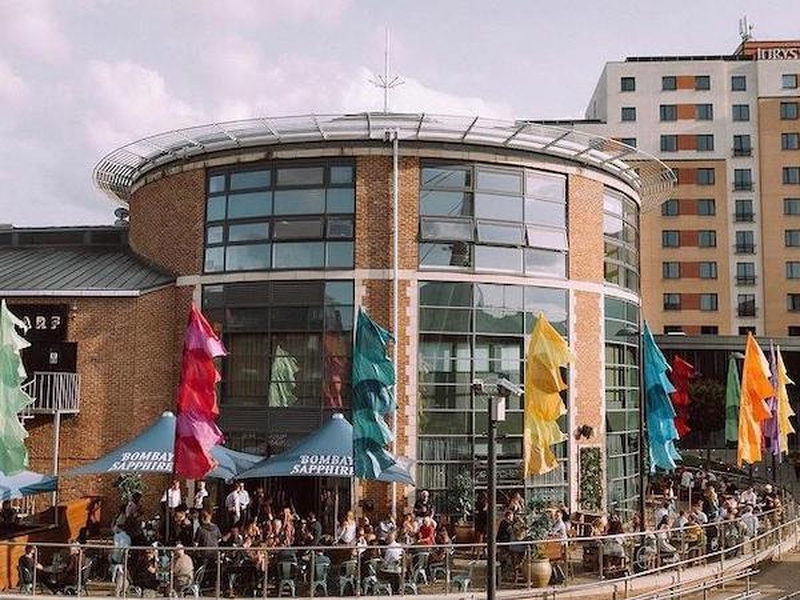
Bad Apples (main picture) bid a heartfelt farewell via its Facebook page in July 2020, thanking staff, customers, and bands that made this such a special haunt over the last eight years.
Once an after-work spot for city workers, Oracle is another bar that has been lost to the pandemic and is sadly being converted into office space.
Mission, a much-loved clubbing venue, also had to call it a day last year.
The Azzuri Group announced 75 closures across the country, including the Ask Italian in the city centre.
We’ve also felt the loss of two independently owned Italian restaurants, Il Paradisoand LIVIN’ Italy Dough House. Thankfully the first LIVIN’ Italy site on Granary Wharf remains open.
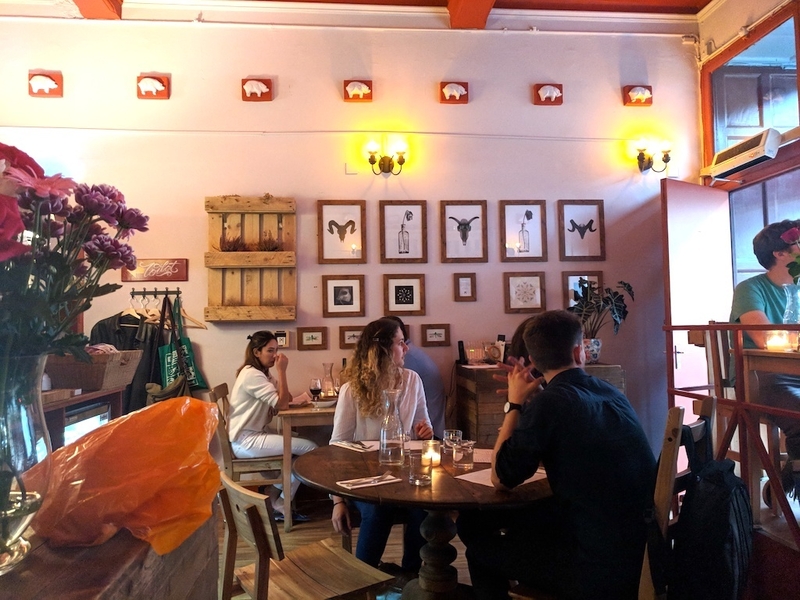
How have people adapted?
Throughout the lockdowns, we’ve seen restaurants pivot to become takeaways and cafes stocking grocery items. But it hasn’t been easy to make decisions, with guidance changing weekly and changes being made at short notice.
The Swine That Dines introduced its new concept Here Comes The Bun, and instead of offering the usual set menu of small plates, it's been offering a delicious selection of homemade buns, including its famous beef fat bun.
Co-owner Jo Meyers tells us: "The last couple of months have been the hardest yet. We managed through the lockdowns because everyone was eating takeaway. But since reopening it feels like one thing after another. It’s hard to know who your customer is. We were pinged to isolate a couple of weeks ago and had to close for a bit. This is why we’re doing something more casual, it’s more resilient. If we have to close, we might waste some bread that we’ve made but everything else can go in the freezer, which makes reopening less challenging."
Normal restaurant service has now resumed here.
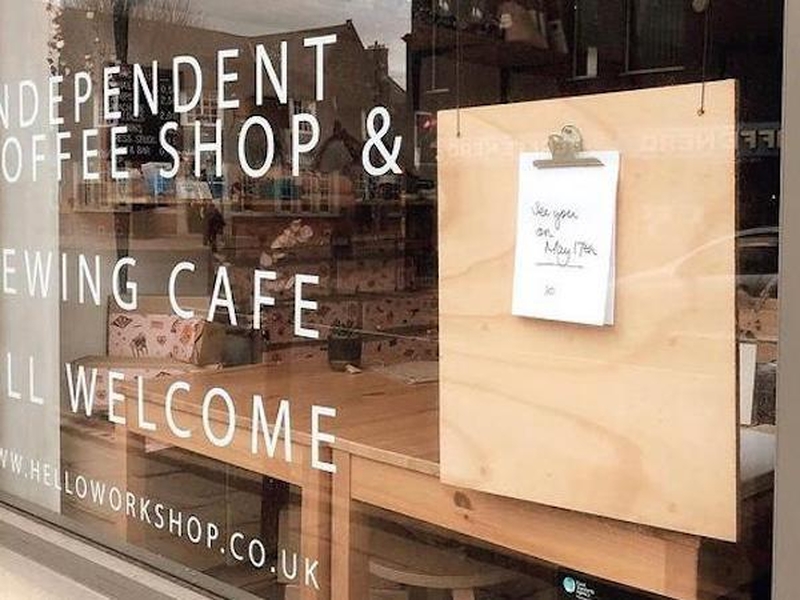
Another business to adapt is Workshop which opened three years ago providing a relaxed cafe environment focused on making crafts and sewing more accessible.
Owner Aliss set out to ensure that the space had broad appeal, it was just as suited to catching up with a friend as it was to learning about pattern cutting and overlocking. Aliss made use of her existing online presence to host workshops throughout the lockdowns, and grew the creative identity of the business.
She’s had to call time on the cafe element: "While we did receive some grants, COVID has brought so much uncertainty to the hospitality industry. Though restrictions are lifting, the virus is still a huge part of day-to-day life. With the level of unpredictability, it made sense to move the business away from the cafe aspect and focus more on our sewing and creative side".
The business has relocated to a small studio space in the city centre where Aliss will continue to run her sewing workshops. You can book on the Hello Workshop website.
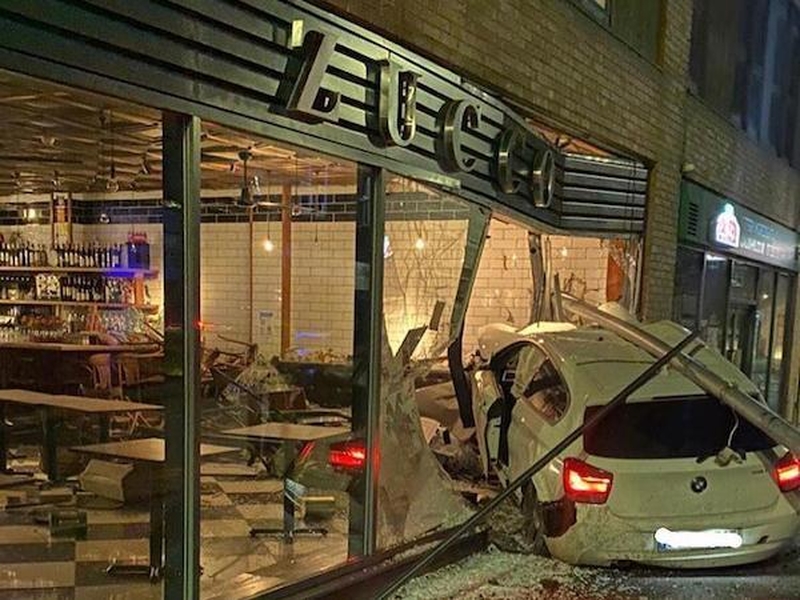
The hospitality staffing crisis
Hospitality has seen a fall in staff with one in five workers leaving the industry. This has long been an industry that leverages people's passion against fair pay and a decent work/life balance.
For a lot of hospitality folk, myself included, the pandemic has provided a unique environment within which to contemplate priorities and the future. It has highlighted how much a lack of routine impacts mental and physical health, how much being able to spend time with friends and family matters, and how unrewarding the industry is financially.
Many folks are now setting their sights on careers that open them up to better opportunities and financial reward - and those that allow a more balanced lifestyle. And who can blame them? The industry needs some serious reform in order to entice people back and this also requires a shift in customer attitudes toward tipping and the value of our drinking and dining experiences.
We’ve seen businesses struggle with some unique challenges, too. Just days after restrictions eased and trade was looking promising, a car drove into Zucco taking out the entire frontage of the restaurant. Thankfully this happened in the night while the restaurant was closed, and nobody - the driver included - was harmed.
Within days, the generous people of Leeds had crowdfunded over £10,000 to support the business. This happened in late May, and they only recently got a signoff from their insurance company to begin the extensive repair work needed. That’s months of trading time lost.
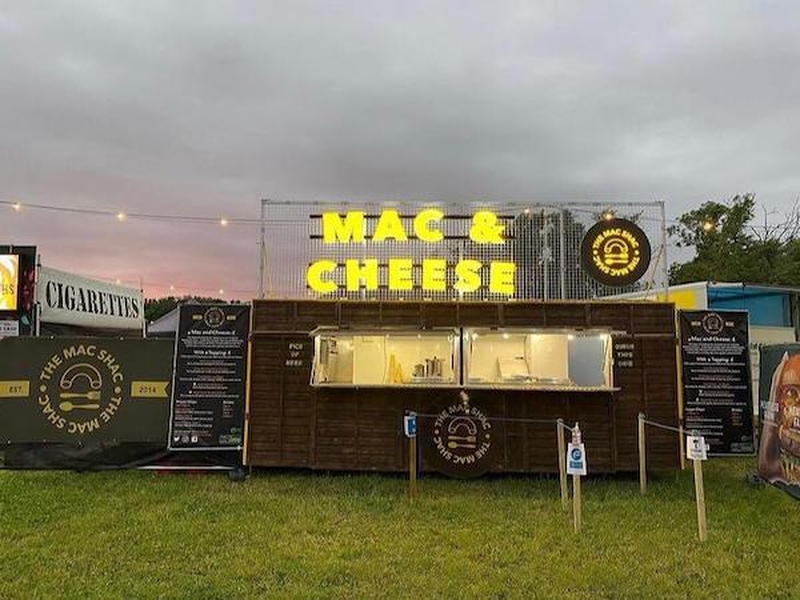
What about financial support?
Cash flow has been a struggle for many. "I went full time with the brewery in March 2020 after planning the switch from my previous job. I didn’t plan for a pandemic, though", says Mark Costello of Horsforth Brewery.
"We switched all production to bottles when it first hit and quickly set up a webshop on Shopify to sell directly to consumers. We managed ok until the lockdown at the start of 2021 where cash completely dried up and sales took the usual January nosedive. The novelty of beer delivered to the doorstep seemed to wear off overnight."
Luke from The Mac Shac remembers receiving the call to say that Glastonbury had been cancelled, and Download was called off not long after. In the following weeks, he watched as every planned event was postponed or cancelled.
The company had previously raised considerable financial backing to fund two big catering trailers for large-scale events. They had anticipated finishing repaying the loans by May of 2020. But suddenly, their income dried up. They spent months in challenging conversations with the finance companies, trying to get extensions on these last payments.
They received a small grant from Kirklees Council, but this didn’t stretch very far, so they also took on one of the government loans of £50,000. The business is operating, and events are slowly returning to the calendar, but it will now be a good few years before the business is in a viable state again.
Luke is glad to still be operating but frustrated by the setback: "We’re back now, but this has come at a significant cost". However, he says that he has become a calmer person for it: "If there’s one thing this year has taught me, it’s to accept that some things are out of your control, and to work with what you can affect".
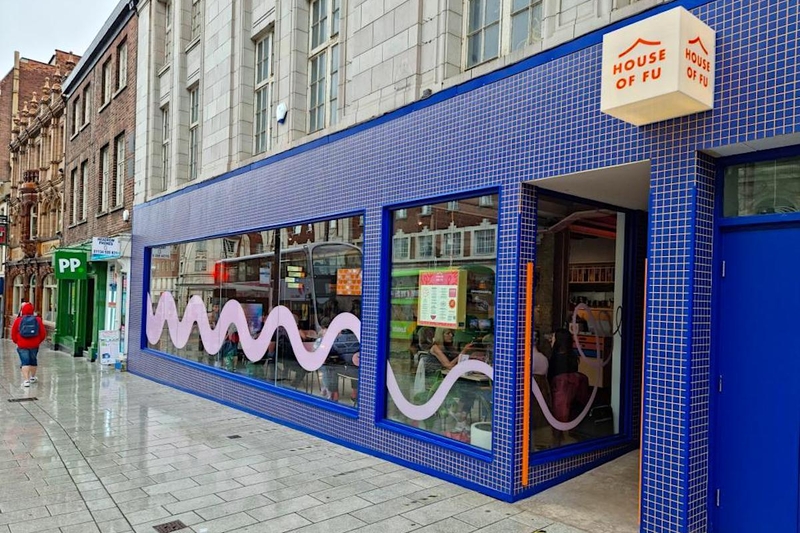
But it isn’t all doom and gloom, while it’s been an emotionally testing time, it’s a reminder of how resilient our hospitality businesses are. We’re also seeing new venues opening, despite the challenges. Amity Brew Co launched in June 2020. It decided to contract brew and sell direct-to-consumer, which hadn’t been part of the initial plan. It managed to open its brewery and bar in December and is gradually building a community around its taproom space. House Of Fu did its first pop-up at Belgrave Music Hall in 2014, and the wait for its permanent residency is finally over as it takes on its bricks and mortar restaurant on The Headrow.
Follow Anja Madhvani on Twitter @anja_madhvani


